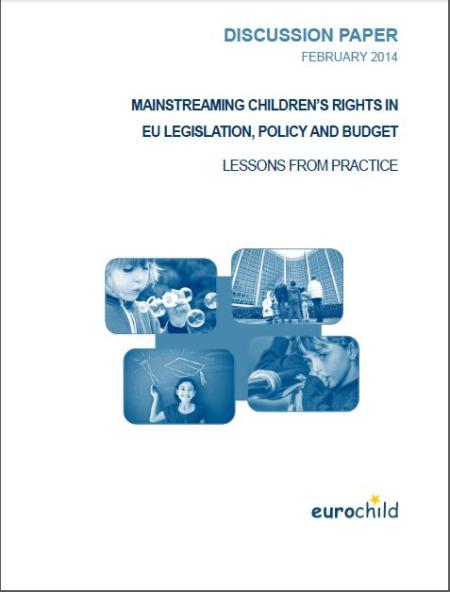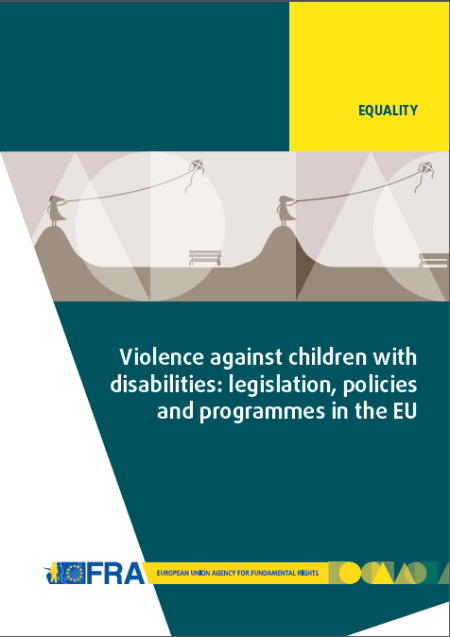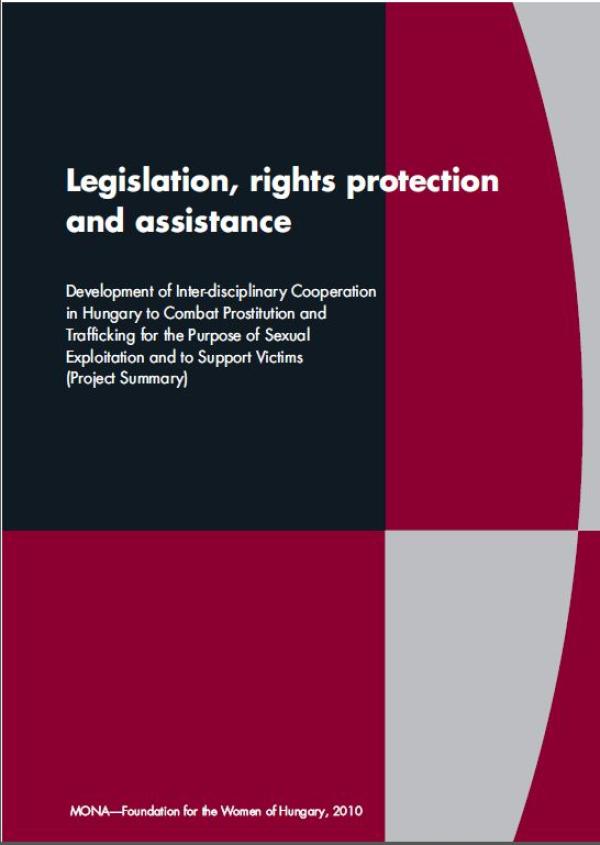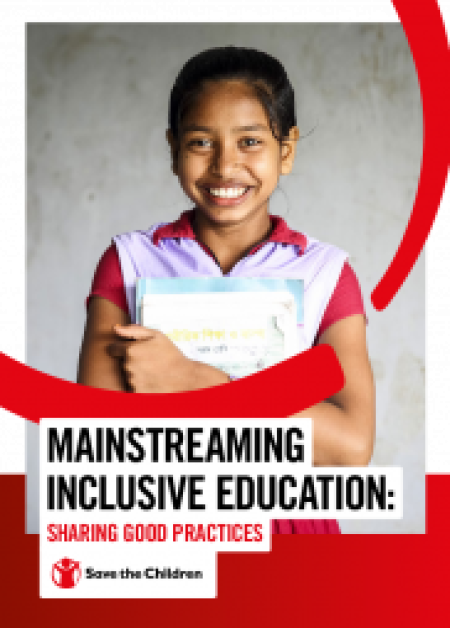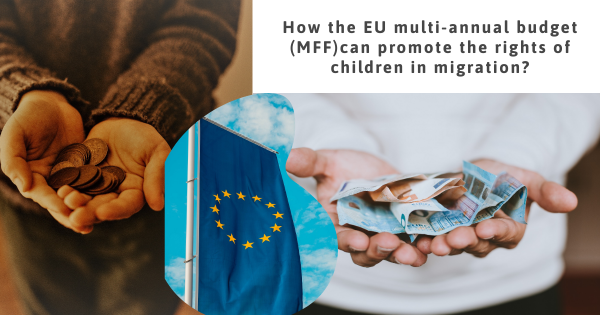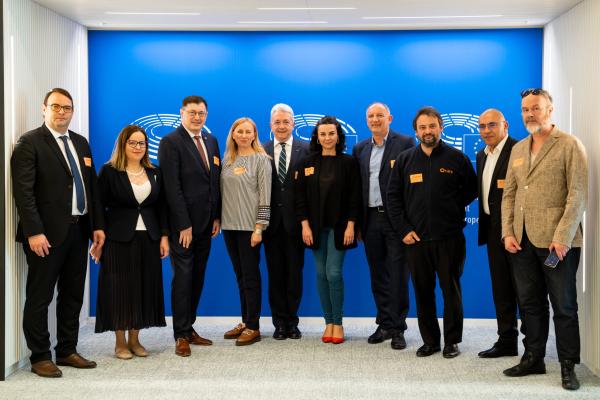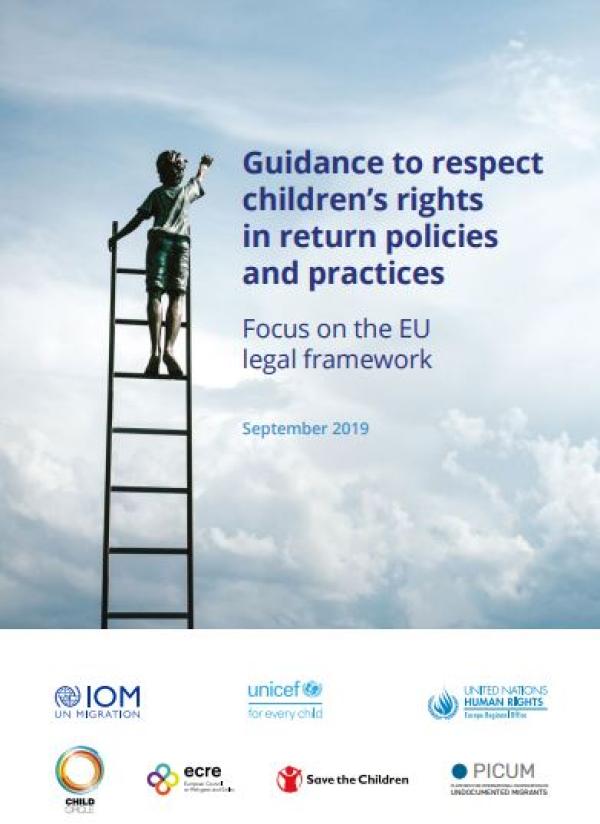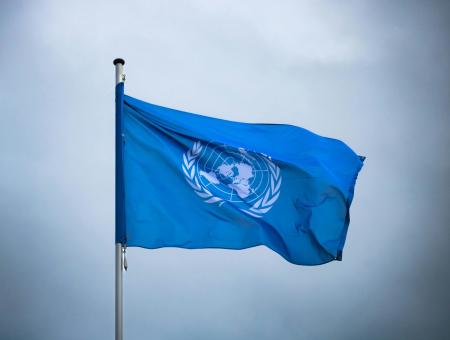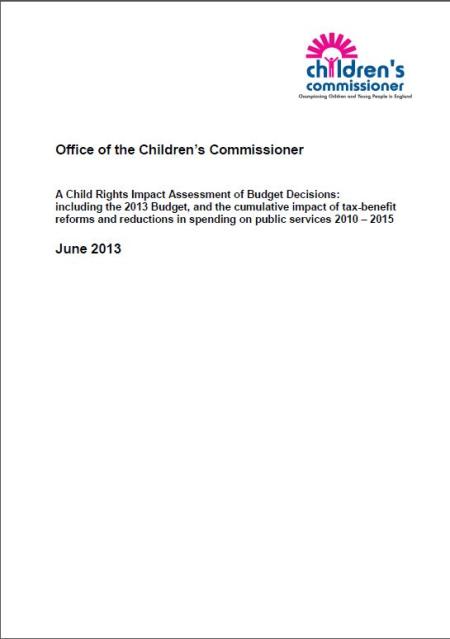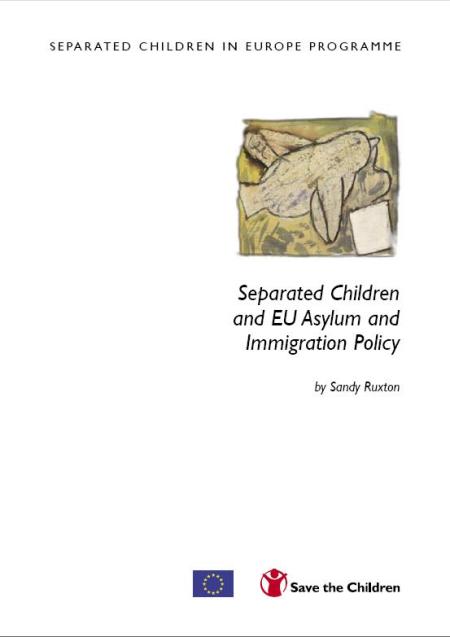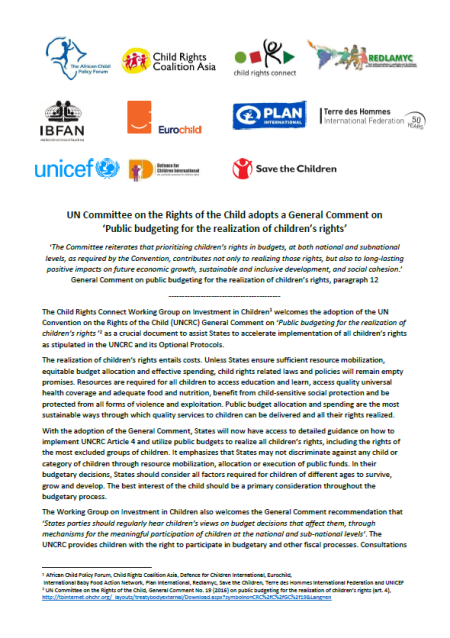
The key aim of this study is to report on the findings of a year-long study carried out by Eurochild, which was aimed at developing a child-mainstreaming model to guide EU processes and activities relating to EU legislation, policies, budgetary decisions and judicial decision-making. The primary focus is EU internal policy, since the Eurochild network promotes the rights and well-being of children in Europe. Nonetheless the importance of ensuring coherence with the EU’s external policy, including enlargement, neighbourhood, development cooperation, trade and external action was recognised. This study provides guidance on how effective child rights mainstreaming can be undertaken in the EU’s internal policies, budget and legislation. It offers “seven steps for effective mainstreaming of children’s rights”, based on interviews with European Commission and European Council officials as well as contributions from national children’s NGOs and academics. Eurochild defines mainstreaming as the mechanism of ensuring that all actors involved in EU legislative and policy processes as well as programme design and implementation comply with children’s rights, including those that do not explicitly work on children’s rights. For this to happen effectively, Eurochild believes seven steps need to be in place and transparency needs to be an integral part of these steps: 1) Political will & leadership 2) Awareness, capacity and resources within the services responsible 3) Commitment to use the UNCRC as the starting point 4) Application of mainstreaming tools to legislation, policy and funding and throughout the policy cycle 5) Systematic use of impact assessments in policy formulation and implementation 6) Consultation and involvement of stakeholders in decision-making 7) The views and experiences of children and young people themselves are sought and taken seriously Due to the size of the document please download it from the link above.


